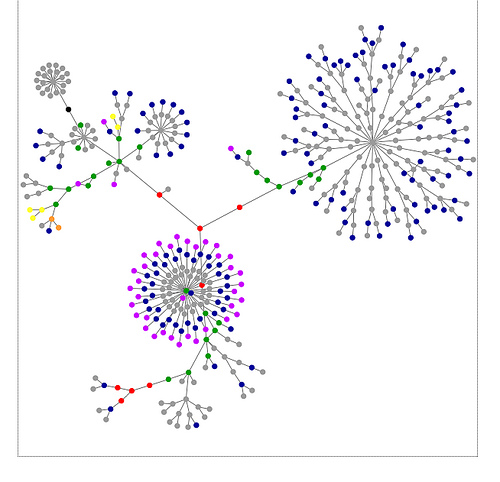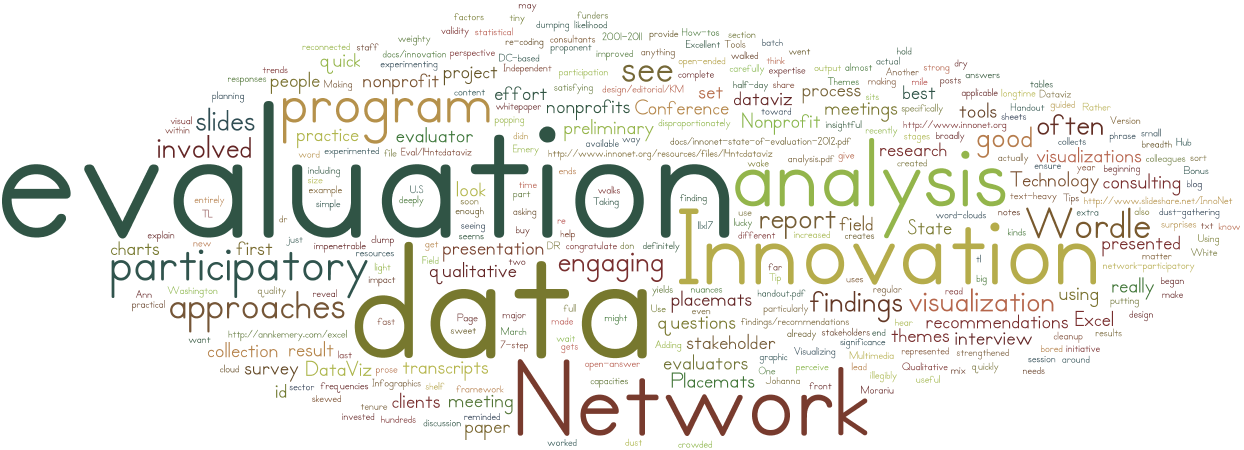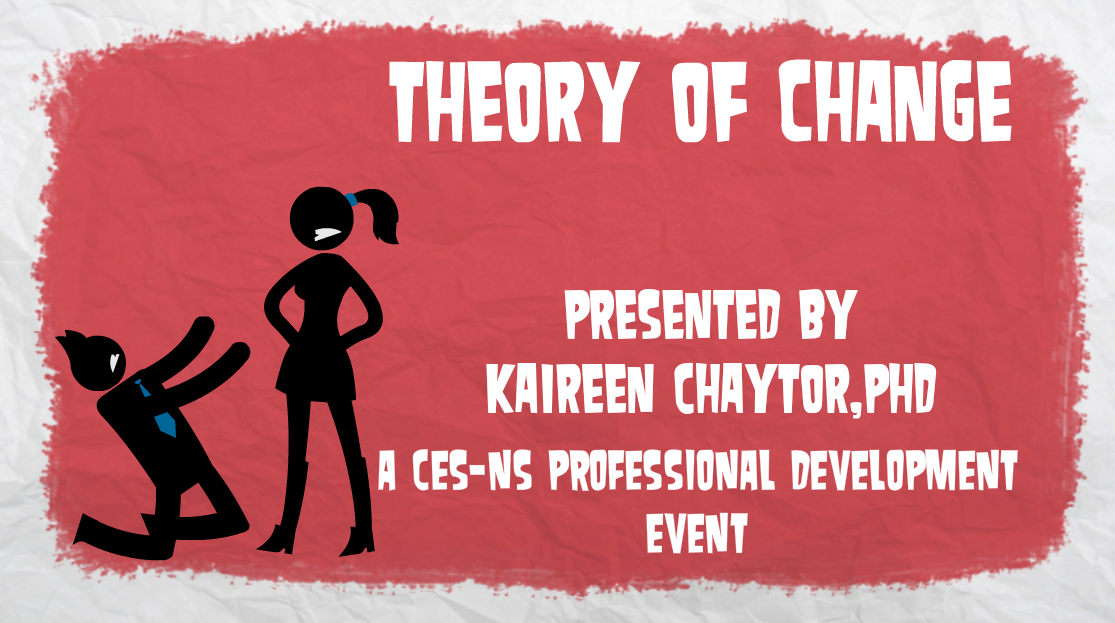In this month’s #EvalAFF video, Andrealisa shares how she applies the grammatical concept of “first person point of view,” which Merriam-Webster outlines here in contrast to second and third person points of view, in her own reflective practice related to honoring the principle of “nothing about us without us” in the context of Diversity, Equity, Inclusion (DEI), and Truth and Reconciliation (TRC). In addition to hyperlinked resources from First Nation authors and organizations featured in the June blog post on Indigenous History Month, here is a link to a flyer outlining a weekend of TRC events on the Halifax waterfront hosted by the Mi’kmaw Native Friendship Centre.
October 1st is also an opportunity to understand TRC calls to action against the backdrop of sui generis sovereignty by celebrating the Anniversary of the 1752 Treaty of Friendship at a Union of Nova Scotia Mi’kmaq (UNSM) Treaty Day event. The Mi’kmaq flag raising will take place in downtown Halifax at Government House, on 8:30 am, Oct 1st. A second public outdoor flag raising will take place at Grande Parade Square where the Mayor of Halifax will read a city proclamation recognizing Treaty Day by the City of Halifax. To access knowledge shared from a First Voice perspective on how Indigenous rights matter in monitoring and evaluation in Nova Scotia, check out UNSM Information Governance and Data Projects.
If the above video doesn’t work, you can access it at https://youtu.be/2BrAzDR7tQw



